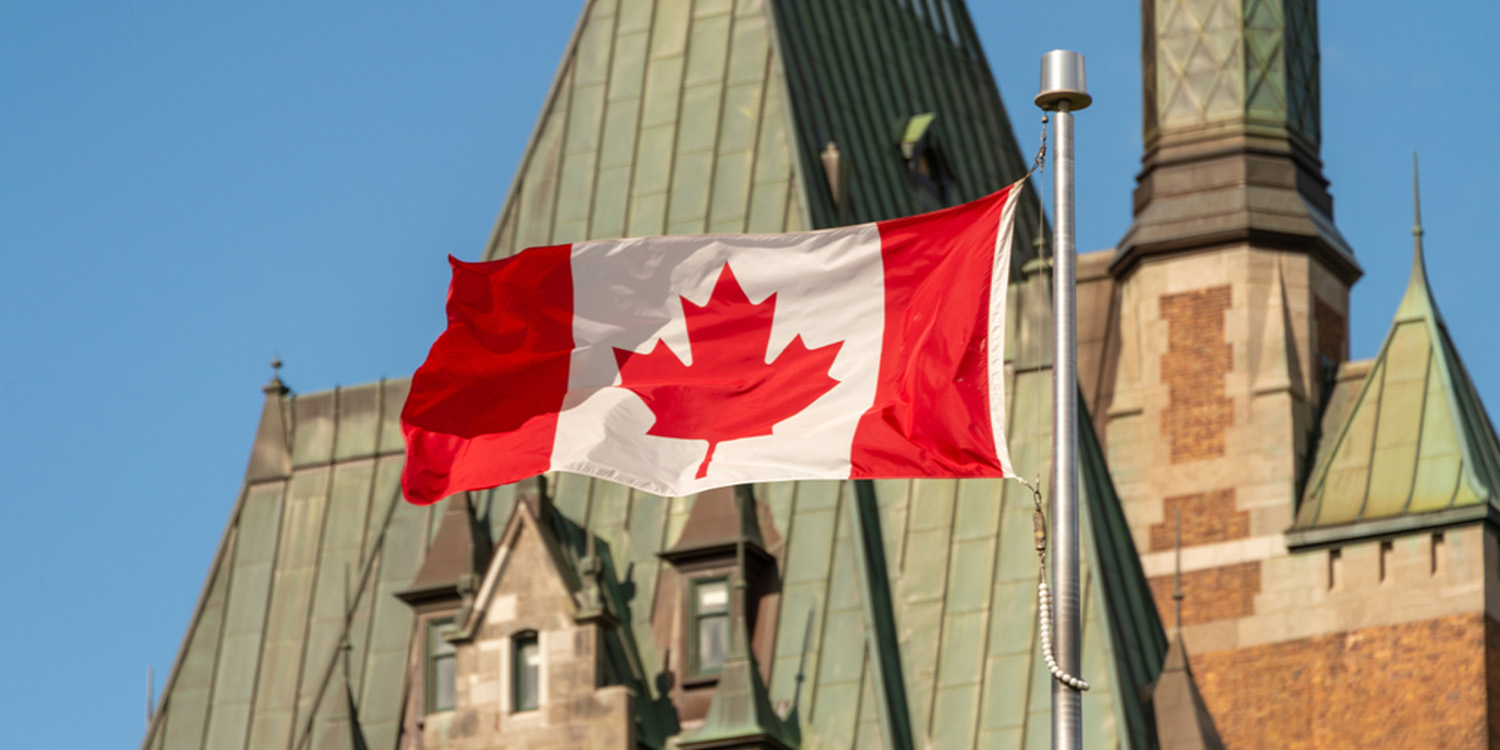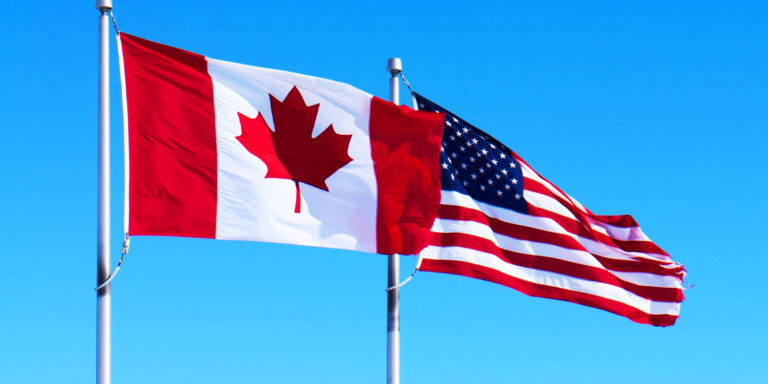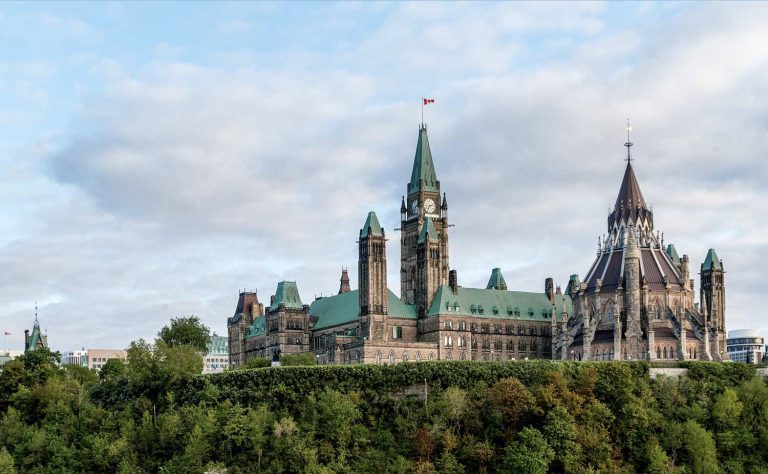News /
2024 Fall Economic Statement – Our Policy Experts’ Insights
2024 Fall Economic Statement – Our Policy Experts’ Insights
Policy experts from the Canadian Chamber of Commerce have reviewed the FES in detail, and their perspective on its implications for Canadian business can be found below.

On December 16 2024, the Government of Canada released its 2024 Fall Economic Statement (FES).
Policy experts from the Canadian Chamber of Commerce have reviewed the FES in detail, and their perspective on its implications for Canadian business can be found below.
Statement from President and CEO
Canada’s business community remains extremely worried by the government’s lack of a robust plan to tackle the expanding deficit and revive economic prosperity. Any business owner knows the dangers of staying in the red year after year. Any homeowner knows that mortgages shouldn’t get bigger over time. The lack of fiscal accountability demonstrated in today’s Fall Economic Statement (FES), combined with a government in total disarray, creates profound instability for Canadian businesses and families at a time when we need the opposite.
If that weren’t enough, Canada needs to prepare for the challenges ahead posed by Trump’s tariff threats. This is the number one issue facing Canadian businesses — it endangers our economic stability, jeopardizes our jobs, and undermines our global competitiveness. From manufacturers to farmers, a strained relationship with the U.S. will be felt across every sector. We salute the $1.3B investment in border security, that signals that the government understands the magnitude of this threat. Priority number one for the government should be to work with the Canadian business community to ensure our collective economic security.
Candace Laing, President and CEO, Canadian Chamber of Commerce
Economic Outlook
Today, we learned that last year’s deficit was significantly larger than promised ─ at nearly $62 billion for the 2023-24 fiscal year, rather than the $40 billion forecast in Budget 2024. Furthermore, we worry that the government might be underestimating the impact of Trump’s looming tariff threat on Canadian exports: the government opted not to re-survey forecasters after the U.S. election, “given high levels of uncertainty”. However, the Canadian Chamber’s Business Data Lab suggests far more dire economic impacts. Additionally, unlike past governments’ budgeting practices, no funds are set aside for future contingencies ─ this after a fiscal year that just laid bare the down-side risk of such an approach.
After a decade of extremely weak productivity, and recently declining GDP per capita, the government needs to prioritize ways to encourage business investment to spur economic growth and support long-term living standards.
Stephen Tapp, Chief Economist, Canadian Chamber of Commerce
Specific Issues
Fiscal Policy
Without a change in course, Canada will continue to lose investment, businesses and well-paying jobs to other markets, putting our families and communities in peril. While we will always support targeted measures that unlock private-sector investment in our economy, such as the reinstatement of the Accelerated Investment Incentive, the government is sending mixed signals with hikes to the capital gains inclusion rate, the digital services tax and distractions such as the GST holiday.
Jessica Brandon-Jepp, Senior Director, Fiscal & Financial Services Policy
Housing
While they may create some new supply, the measures announced do not address the root of Canada’s housing affordability crisis. With the investment needed to restore affordability surpassing $1 trillion, the only viable course of action is for government to enable the private sector to build as much as possible by providing access to the capital they need, while cutting taxes and charges. Unfortunately, government is instead considering a new tax on vacant lands.
Pascal Chan, Senior Director, Transportation, Infrastructure and Construction
International
The measures in the Fall Economic Statement to strengthen Canada’s economic security and trade controls regime are important steps for enhancing the resiliency of North American supply chains against geopolitical risks. While such measures are needed, the government will need to work in concert with industry to minimize any unintended consequences for Canadian businesses that are reliant on free and fair international trade. Given Canada will hold the G7 Presidency in the coming year, it is unfortunate that these measures do not reflect an ambitious and cohesive international security, trade, and investment agenda.
Gaphel Kongtsa, Director, International Policy
Other News

The Cost of Canada-U.S. Trade Disruption on Full Display with New Trade Tracker

Canadian Chamber Statement on Harmful Uncertainty Relating to Capital Gains




